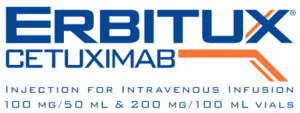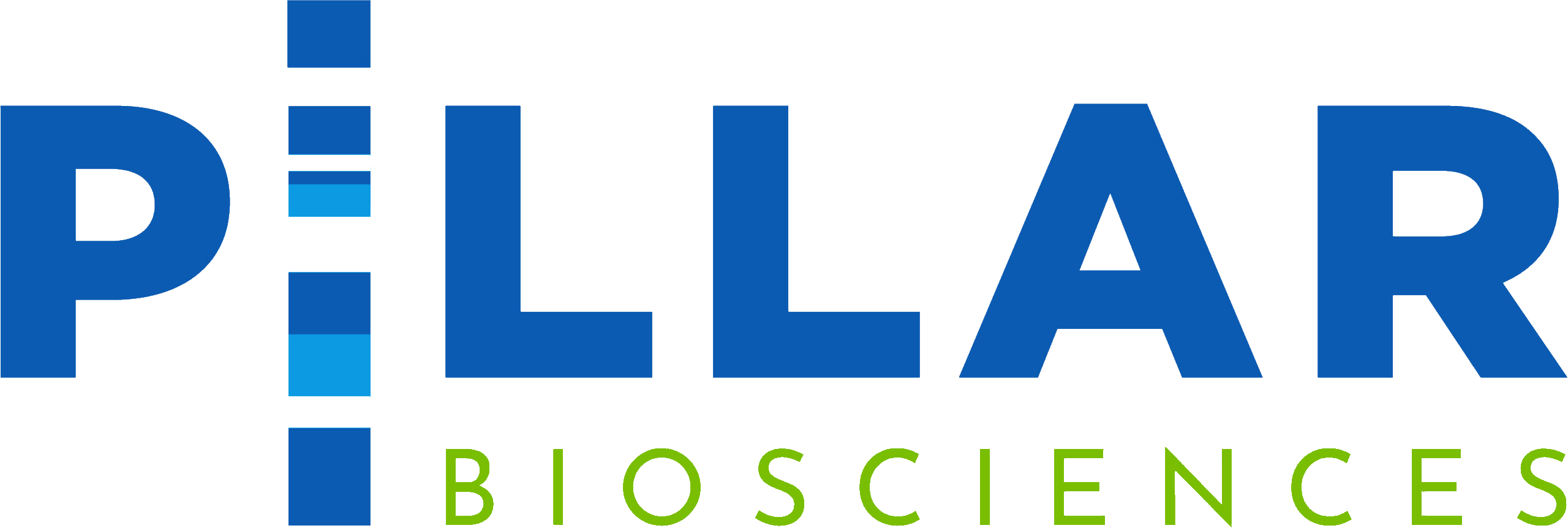
ERBITUX (cetuximab) is a monoclonal antibody (IgG1 Mab) designed to inhibit the function of a molecular structure expressed on the surface of normal and tumor cells called the epidermal growth factor receptor (EGFR, HER1, c-ErbB-1). In vitro assays and in vivo animal studies have shown that binding of cetuximab to the EGFR blocks phosphorylation and activation of receptor-associated kinases, resulting in inhibition of cell growth induction of apoptosis (cell death), and decreased matrix metalloproteinase and vascular endothelial growth factor production. Signal transduction through the EGFR results in activation of KRAS wild-type protein. However, in cells with activating KRAS somatic mutations, the mutant KRAS protein is continuously active and appears independent of EGFR regulation. In vitro, cetuximab can mediate antibody-dependent cellular cytotoxicity (ADCC) against certain human tumor types. In vitro assays and in vivo animal studies have shown that cetuximab inhibits the growth and survival of tumor cells that express the EGFR. No anti-tumor effects of cetuximab were observed in human tumor xenografts lacking EGFR expression.
Colorectal cancer (CRC) refers to malignancies that originate in the colon or rectum. It is a common form of cancer that typically starts as a benign polyp, which can gradually develop into an invasive tumor. CRC is often classified based on the genetic and molecular characteristics of the tumor, particularly the expression of certain biomarkers such as the epidermal growth factor receptor (EGFR) and mutations in the RAS gene family (KRAS and NRAS). These biomarkers play a crucial role in determining the most effective treatment strategies.
For patients with metastatic colorectal cancer (mCRC) that express EGFR and have wild-type RAS genes, targeted therapies like Erbitux (cetuximab) are utilized. Erbitux works by binding to the EGFR on cancer cells, blocking the signals that drive tumor growth and spread. This therapeutic approach can be used alone or in combination with chemotherapy to improve patient outcomes, including progression-free survival and overall survival. The management of CRC often involves a multidisciplinary approach, combining surgery, radiation, and systemic therapies based on the stage and molecular profile of the disease
The CDx tests for mutations in the RAS gene family, including KRAS and NRAS, as well as the expression of the epidermal growth factor receptor (EGFR). Here are the key roles:
By utilizing these companion diagnostics, healthcare providers can ensure that Erbitux is prescribed only to those patients who are most likely to benefit from it, thereby optimizing treatment outcomes and avoiding unnecessary side effects for patients unlikely to respond to the therapy

Place a test order through your EMR system if enabled or order online by logging in or signing-up for a Foundation Medicine account. Orders can also be submitted via email or fax using our Test Requisition Form.

Login and place order here, otherwise click on the Order Here button to download the standard Tempus TRF.

Order this test through your EHR if you have an interface with MPLN, via LISBlue, or by paper requisition.

Order this test through your EHR if you have an interface with Labcorp, via Labcorp Link, or by paper requisition.

This companion diagnostic was developed by an IVD manufacturer as a kit. This is a valid FDA approved test if utilized by 3rd party diagnostic labs who have validated the test using the kit on the specified platform. It is not directly orderable from the manufacturer.

This companion diagnostic was developed by an IVD manufacturer as a kit. This is a valid FDA approved test if utilized by 3rd party diagnostic labs who have validated the test using the kit on the specified platform. It is not directly orderable from the manufacturer.

This companion diagnostic was developed by an IVD manufacturer as a kit. This is a valid FDA approved test if utilized by 3rd party diagnostic labs who have validated the test using the kit on the specified platform. It is not directly orderable from the manufacturer.

This companion diagnostic was developed by an IVD manufacturer as a kit. This is a valid FDA approved test if utilized by 3rd party diagnostic labs who have validated the test using the kit on the specified platform. It is not directly orderable from the manufacturer.
ERBITUX (cetuximab) is used for the treatment of metastatic colorectal cancer and certain types of head and neck cancers by targeting and inhibiting the epidermal growth factor receptor (EGFR) on the surface of cancer cells, thereby blocking the signals that promote cancer cell growth and proliferation
ERBITUX (cetuximab) works by binding to the epidermal growth factor receptor (EGFR) on the surface of cancer cells, blocking the signals that stimulate these cells to grow and divide, thereby inhibiting tumor growth and proliferation
The companion diagnostic (CDx) for ERBITUX (cetuximab) tests for mutations in the RAS gene family (including KRAS and NRAS) and the expression of the epidermal growth factor receptor (EGFR) to identify patients with metastatic colorectal cancer who are likely to benefit from the treatment.
Common side effects of ERBITUX (cetuximab) include skin reactions such as rash, pruritus (itching), and nail changes, as well as headache, diarrhea, and infection. Additional frequent side effects observed in patients treated with Erbitux, particularly when combined with other treatments, include fatigue, nausea, abdominal pain, and decreased appetite. Serious adverse reactions can include severe infusion reactions, cardiopulmonary arrest, and electrolyte imbalances
ERBITUX (cetuximab) is administered via intravenous infusion, with an initial dose given over 120 minutes followed by weekly or biweekly doses infused over 60 to 120 minutes, depending on the treatment regimen

Eli Lilly and Company, headquartered in Indianapolis, Indiana, is a global healthcare and biopharmaceutical company committed to making life better through the development of innovative medicines. With a nearly 150-year history, Lilly has pioneered advancements in healthcare, including the development of insulin and treatments for various diseases like COVID-19. The company focuses on long-term investments in research and development to address significant health challenges worldwide.
Lilly operates several manufacturing sites in the United States, including new facilities in North Carolina, which will enhance their capacity to produce injectable medicines and devices. The company plans to invest $1 billion in a new pharmaceutical manufacturing facility in Concord, NC, creating nearly 600 jobs. This expansion demonstrates Lilly’s commitment to growth and its collaboration with local communities and educational institutions to strengthen its workforce and production capabilities